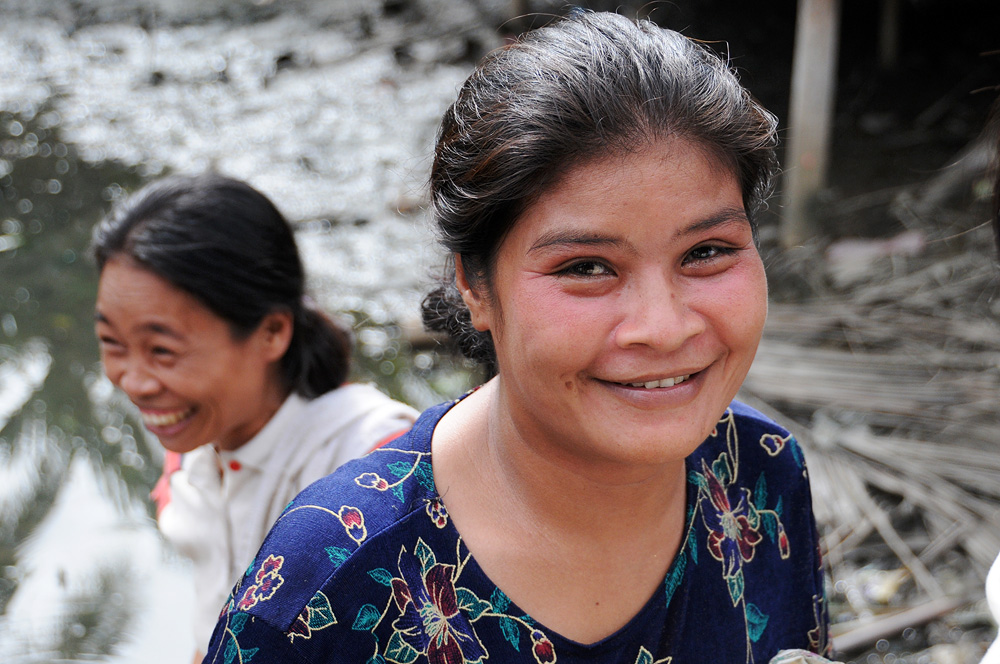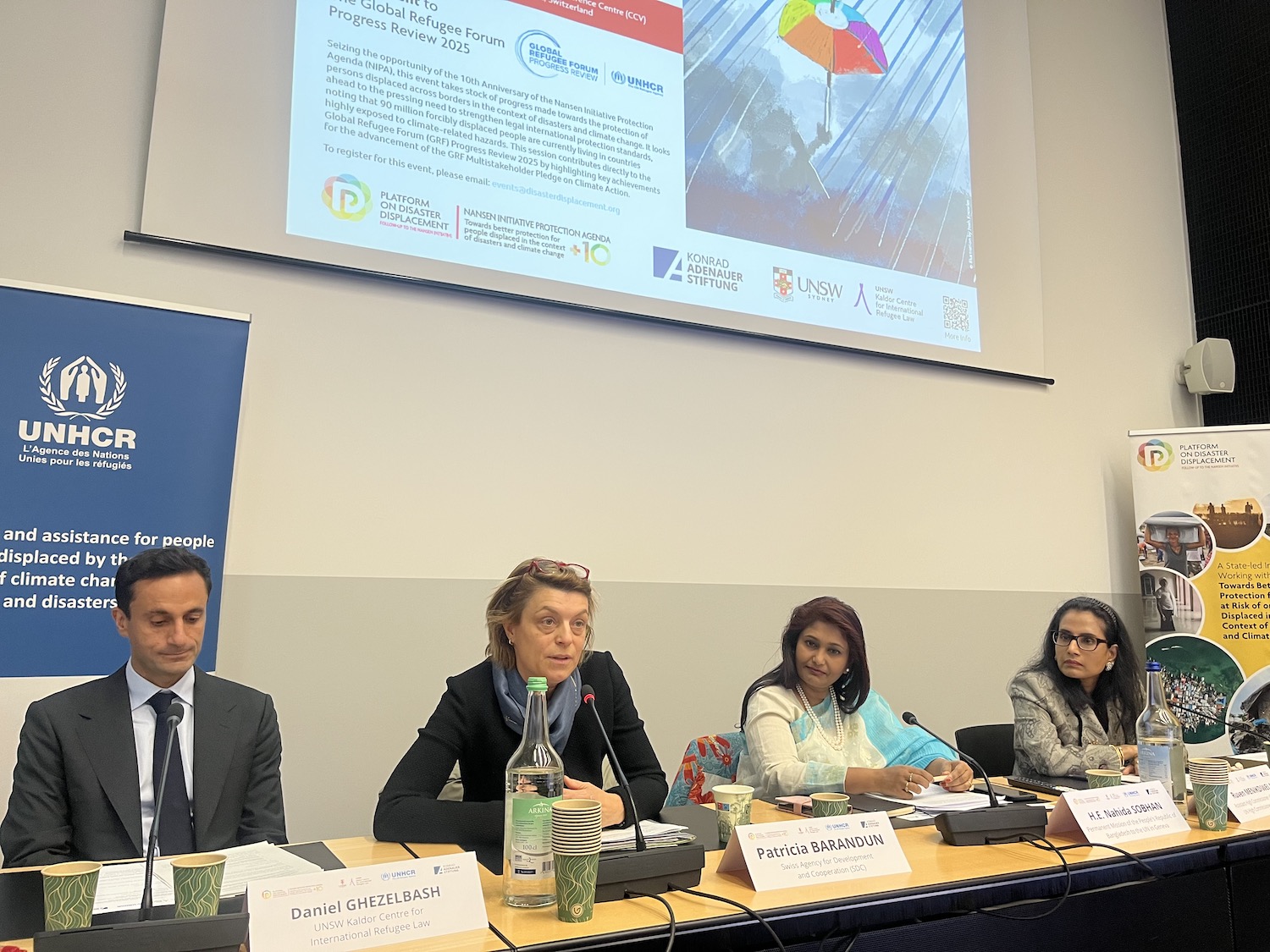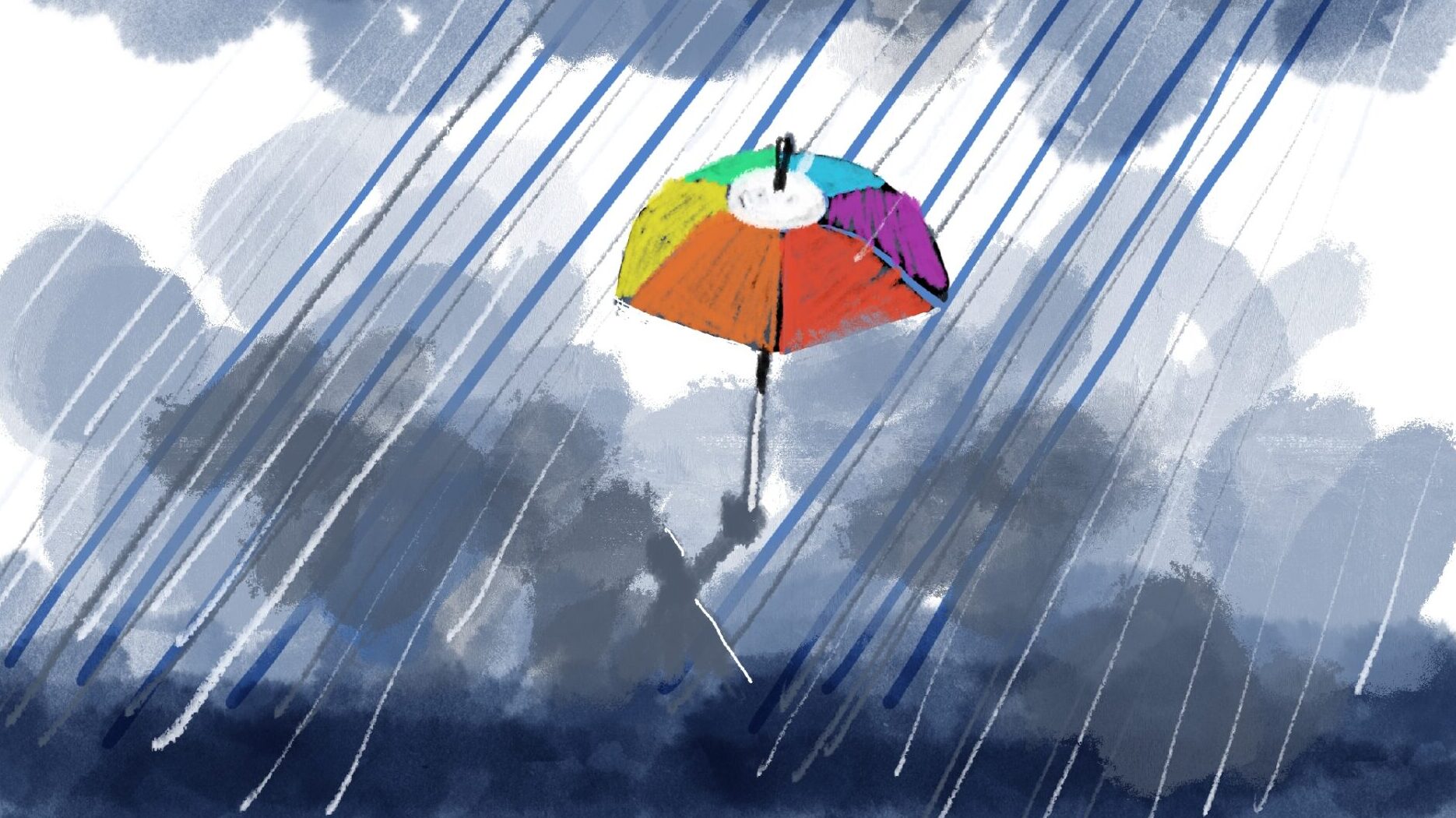Understanding and addressing disaster displacement in South East Asia

Roundtable on the Nansen Initiative Protection Agenda organized by the Stockholm Environment Institute Asia Centre, the Asia Research Centre for Migration and PDD on 20 December 2017 in Bangkok
On December 20th 2017, the Stockholm Environment Institute (SEI) Asia Centre, the Platform on Disaster Displacement (PDD) and the Asia Research Centre for Migration (ARCM) will be hosting a half-day roundtable in Bangkok on Displacement in the Context of Disaster. The roundtable will introduce the Platform on Disaster Displacement and the Nansen Initiative Protection Agenda and initiate a network of relevant actors and experts with a focus on the complex humanitarian and development challenges faced by countries and people in Southeast Asia as a result of disaster-induced displacement.
Background
Exposure of people and assets to hazards such as floods, tropical storms, droughts, and earthquakes places major strain on local resilience and coping abilities of communities around the world. Climate Change (CC) also acts as a “threat multiplier”, exacerbating existing pressures (i.e. poverty, social inequalities, poor governance related) and potentially generating new socio-economic, health-related, cultural and environmental risks. Population displacement, voluntary or forced, is one of the most severe consequences of disasters and has been identified as one of the biggest humanitarian challenges of the 21st century. Increasing numbers of people have been forced to flee their homes, seeking safety elsewhere within their own countries or across international borders. About 65 million people were forcibly displaced worldwide at the end of 2015, including over 40 million internally displaced persons. In 2016, there were 24.2 million new displacements by disasters. Southeast Asia is one of the regions most affected by displacement in the context of sudden-onset disasters with 7.14 million people forced to flee and leave their homes in 2013 alone. Differently from other regions, displacement has occurred mostly within countries. Yet inadequate national responses to internal displacement are likely to increase instances of cross-border displacement in the future.
Since 2015, The Nansen Initiative Protection Agenda5 has offered States a toolbox to better prevent and prepare for displacement before a disaster strikes, and to respond to challenges of internal or international displacement. Currently the Platform on Disaster Displacement (PDD) is seeking to implement the recommendations of the Protection Agenda through national engagement and regional and international cooperation. The establishment of strong partnerships between policymakers, practitioners and researchers is a core feature of the Platform’s initiatives aiming at addressing the diverse challenges of disaster-displacement.
With a focus on delivering through research supporting policy and decision-making to achieve more equitable, resilient and sustainable societies in Asia, the work at the Stockholm Environment Institute (SEI) Asia Centre has offered insights and solutions on topics critical to sustainable development in in the Asia-Pacific region – from the SDGs and the Paris Climate Agreement to gender equality, disaster risk reduction, and urbanization. SEI Asia established the International Centre of Excellence on Transforming Development and Disaster Risk (ICoE-TDDR) in August 2017. The ICoE-TDDR seeks to integrate disaster risk reduction with equitable, sustainable and resilient development through research and policy engagement. SEI-Asia also hosts the Gender, Environment and Development (GED) Research Cluster which applies gender and social equality perspectives to environment and development issues across Asia. The Sustainable Mekong Research Network (SUMERNET) is also hosted by SEI Asia and works towards supporting the sustainable development of the Mekong Region through partnerships with Mekong researchers for scientifically robust and policy-relevant research and outreach.
The Asia Research Centre for Migration (ARCM) grew out of an earlier unit of the Institute of Asia Studies (IAS), the Indochinese Refugee Information Center (IRIC), which had been established in 1987 to observe and study the movement of refugees from Cambodia, Laos, Vietnam, and other points of Southeast Asian origin in search of asylum in Thailand. As that refugee crisis abated with a variety of successful resettlement and repatriation programs, new concerns were emerging with respect to the rise of other refugee flows (both legal and irregular) in Southeast Asia, the magnitude of those flows, and the need for in-depth understanding of the process and the means towards its resolution. Thus, IRIC was reorganized and renamed ARCM. The Centre aims at monitoring, gathering data, undertaking research, and providing policy recommendations and related services to the government, non-government, and private sectors on cross-border migration trends and processes in Southeast Asia, with particular emphasis on Thailand.
The SEI Asia Centre and the ARCM are therefore well placed for convening a half-day roundtable aimed at bringing together and fostering a network of relevant actors and experts with a focus on the complex humanitarian and development challenges that countries and people in Southeast Asia face as a result of disaster-induced displacement.
Aims and rationale for the Roundtable
While progress has been made towards providing better protection and assistance to disaster displaced persons, more needs to be done to understand how displacement can be prevented in specific contexts, how preparedness can be improved, and how disaster displacement can be managed. This roundtable will introduce the Platform on Disaster Displacement (PDD) and the Protection Agenda to key actors in the Southeast Asian region, and will:
– provide an opportunity for the involvement of multiple actors with diverse knowledge and experiences in the co-production of collaborative learning and contextual actionable knowledge around disaster-induced displacement in Southeast Asia.
– initiate a network of researchers and practitioners aiming at co-developing sustainable and evidence-based initiatives and solutions for prevention, preparedness and post-displacement protection guided by the Protection Agenda.
Sessions during the half-day roundtable will set the scene for the need for collaboration by:
– presenting and discussing the Platform on Disaster Displacement (PDD) and the Protection Agenda and its relevance in the Southeast Asian context.
– introducing participants and their work on disaster-induced displacement.
– proposing strategies and concrete plans for collaboration on initiatives in the region.
Read more about the Stockholm Environment Institute Asia Centre
Download the Concept Note and Agenda
 Loading...
Loading...
Read the Protection Agenda
 Loading...
Loading...
Read our workplan
